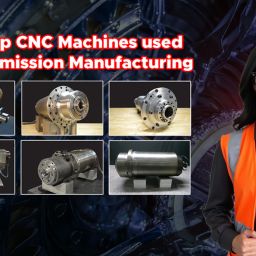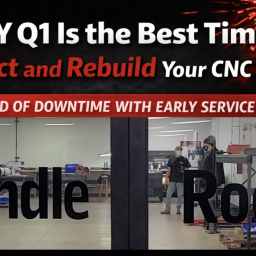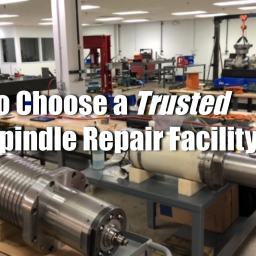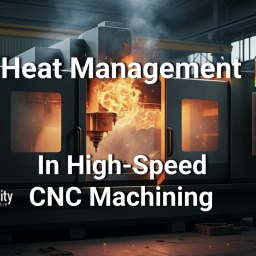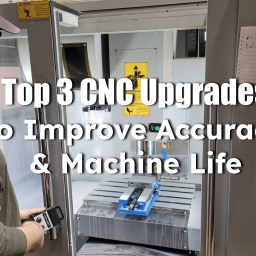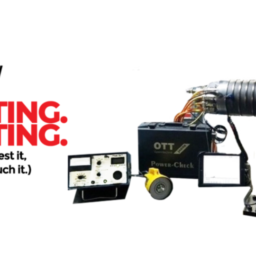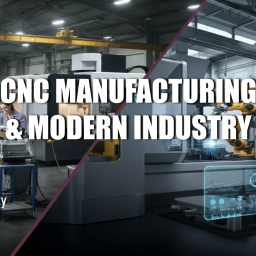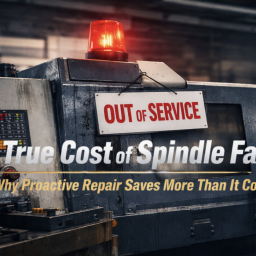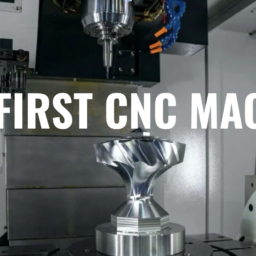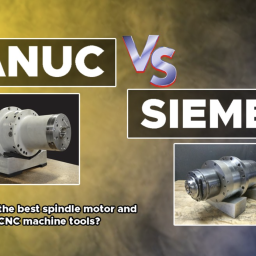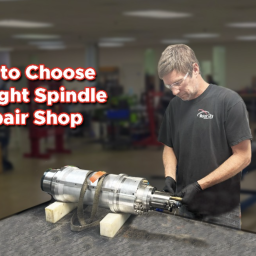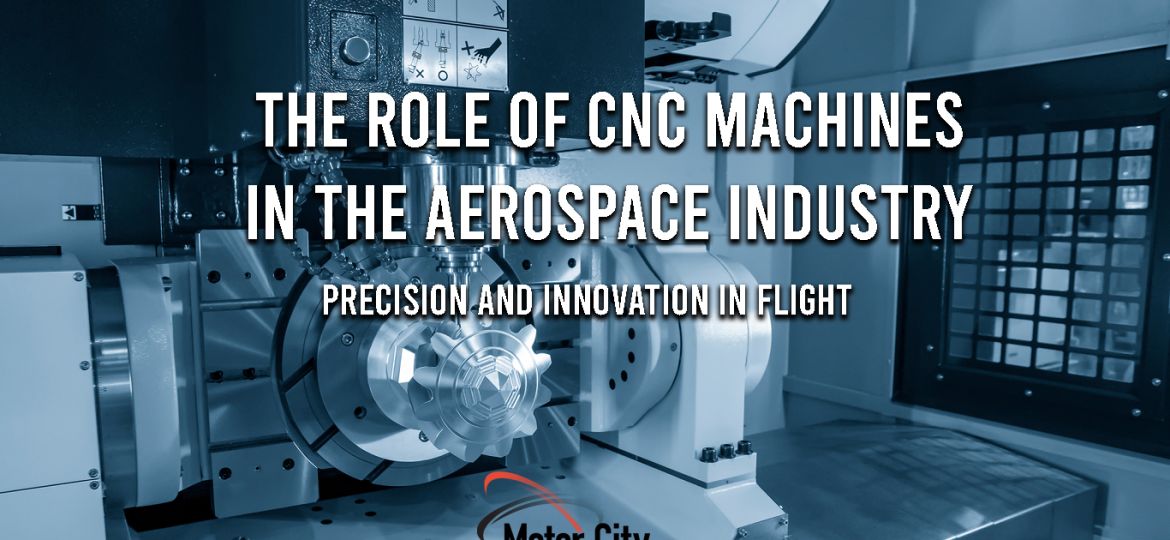
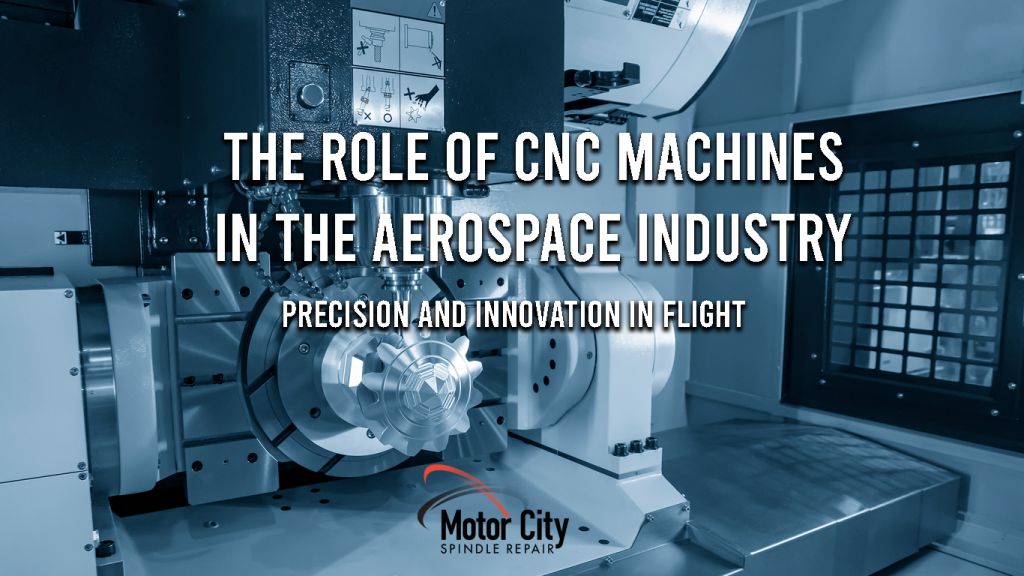
The aerospace industry is synonymous with innovation, precision, and technological advancement. At the heart of this industry, ensuring that aircraft components meet the highest standards of quality and reliability, are CNC machines. These sophisticated machines have revolutionized aerospace manufacturing, enabling the production of complex and highly precise parts critical for modern aircraft. In this blog, we’ll explore how CNC machines are used in the aerospace industry, highlighting their importance, applications, and the future of this technology in aviation.
What are CNC Machines?
CNC machines are automated manufacturing tools controlled by pre-programmed software. These machines can perform a wide range of tasks, including cutting, drilling, milling, and turning, with exceptional precision and consistency. By using detailed computer-generated designs, CNC machines can create intricate parts with minimal human intervention, ensuring high accuracy and repeatability.
Why Precision Matters in Aerospace
In the aerospace industry, precision is not just a requirement—it’s a necessity. Aircraft components must adhere to strict tolerances and quality standards to ensure safety, performance, and reliability. Even the slightest deviation in a part’s dimensions can lead to significant issues, from reduced efficiency to catastrophic failures. CNC machines address these challenges by providing unparalleled accuracy, making them indispensable in aerospace manufacturing.
Applications of CNC Machines in Aerospace
Engine Components:
Turbine Blades: CNC machines are used to manufacture turbine blades with complex geometries. These blades must withstand extreme temperatures and stresses, requiring precise machining to ensure their performance and longevity.
Combustion Chambers: The intricate shapes and fine tolerances of combustion chambers are achieved through CNC machining, ensuring efficient fuel combustion and optimal engine performance.
Structural Components:
Airframe Parts: CNC machines produce critical structural components like wing spars, fuselage frames, and bulkheads. These parts need to be both strong and lightweight, necessitating precise machining from advanced materials like titanium and aluminum.
Landing Gear: The landing gear components, which bear significant loads during takeoff and landing, are manufactured using CNC machines to ensure durability and reliability.
Avionics:
Circuit Boards: CNC machines also play a role in the production of avionics, including the precision drilling and milling of circuit boards that control various aircraft systems.
Instrument Panels: The complex layouts of instrument panels, requiring precise cutouts and placements for various instruments and controls, are achieved through CNC machining.
Interior Components:
Seating and Fixtures: Even the interior components of aircraft, such as seat frames and cabin fixtures, are manufactured using CNC machines to ensure they meet design specifications and regulatory standards.
The Materials Used in CNC Aerospace Machining
The aerospace industry utilizes a variety of materials, each chosen for its specific properties:
Titanium: Known for its strength-to-weight ratio and corrosion resistance, titanium is commonly used for critical structural components. CNC machines can handle the challenging machining of titanium, ensuring precise cuts and finishes.
Aluminum: Lightweight and strong, aluminum is widely used for airframe components. CNC machining allows for the efficient shaping and detailing of aluminum parts.
Composites: Advanced composite materials, such as carbon fiber reinforced polymers, are used for their lightweight and high-strength properties. CNC machines equipped with specialized tools can precisely cut and shape these materials.
Superalloys: Used in high-temperature applications like turbine blades, superalloys require precise CNC machining to maintain their performance under extreme conditions.
Quality Control and Assurance
In aerospace manufacturing, quality control is paramount. CNC machines contribute to high-quality production through:
Consistency: CNC machines ensure that every part produced meets exact specifications, reducing the risk of defects and variations.
Precision: With advanced software and real-time monitoring, CNC machines achieve the tight tolerances required for aerospace components.
Traceability: CNC machining processes can be documented and tracked, providing traceability for each part manufactured. This is crucial for compliance with regulatory standards and for quality assurance.
Inspection: Many CNC machines are equipped with in-process inspection tools, such as coordinate measuring machines (CMM), that verify dimensions and tolerances during production.
The Future of CNC Machining in Aerospace
The role of CNC machines in the aerospace industry continues to evolve with advancements in technology:
Automation and AI: Integrating artificial intelligence and machine learning with CNC technology is enhancing automation, predictive maintenance, and adaptive machining processes, further improving efficiency and precision.
Additive Manufacturing: Combining CNC machining with additive manufacturing (3D printing) opens new possibilities for producing complex parts with reduced material waste and faster production times.
Smart Factories: The rise of Industry 4.0 and the Internet of Things (IoT) is leading to the development of smart factories, where CNC machines are interconnected with other systems for optimized production and real-time monitoring.
Conclusion
CNC machines are indispensable in the aerospace industry, providing the precision, reliability, and efficiency needed to produce critical aircraft components. From turbine blades to airframe structures, CNC machining ensures that every part meets the stringent requirements of aerospace engineering. As technology advances, the capabilities of CNC machines will continue to expand, driving further innovations in aerospace manufacturing and helping to shape the future of flight. Whether through increased automation, integration with additive manufacturing, or the development of smart factories, CNC machines will remain at the forefront of aerospace technology, enabling the industry to soar to new heights.
CONTACT US ANYTIME IF YOU’D LIKE TO CHAT WITH OUR EXPERTS OR STOP BY OUR 25,000 SF MANUFACTURING FACILITY LOCATED IN DEARBORN, MICHIGAN!(734) 261-8600 OR EMAIL US AT SALES@MOTORCITYREPAIR.COM
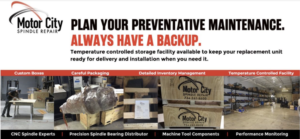
*All quotes are accompanied by a detailed failure analysis report
*We frequently repair spindles in 2-5 business days in emergency situations
*Normal time averages 1-3 weeks for standard repairs
*We keep precision bearings, seals, o-rings, encoders, and other commonly replaced spindle parts in stock and on hand
*Always available 24 hours a day and 7 days a week for emergency repair service
*We deliver the repaired product to you
*Our repairs are balanced, test ran, and certified with a full 1 Year Warranty
*We repair or build new depending on your needs
*Guaranteed cost savings
Need a FREE ESTIMATE? Click HERE To view our most recent blog post, click HERE Have questions about ballscrews? Check out our BALL SCREW WEBSITE


